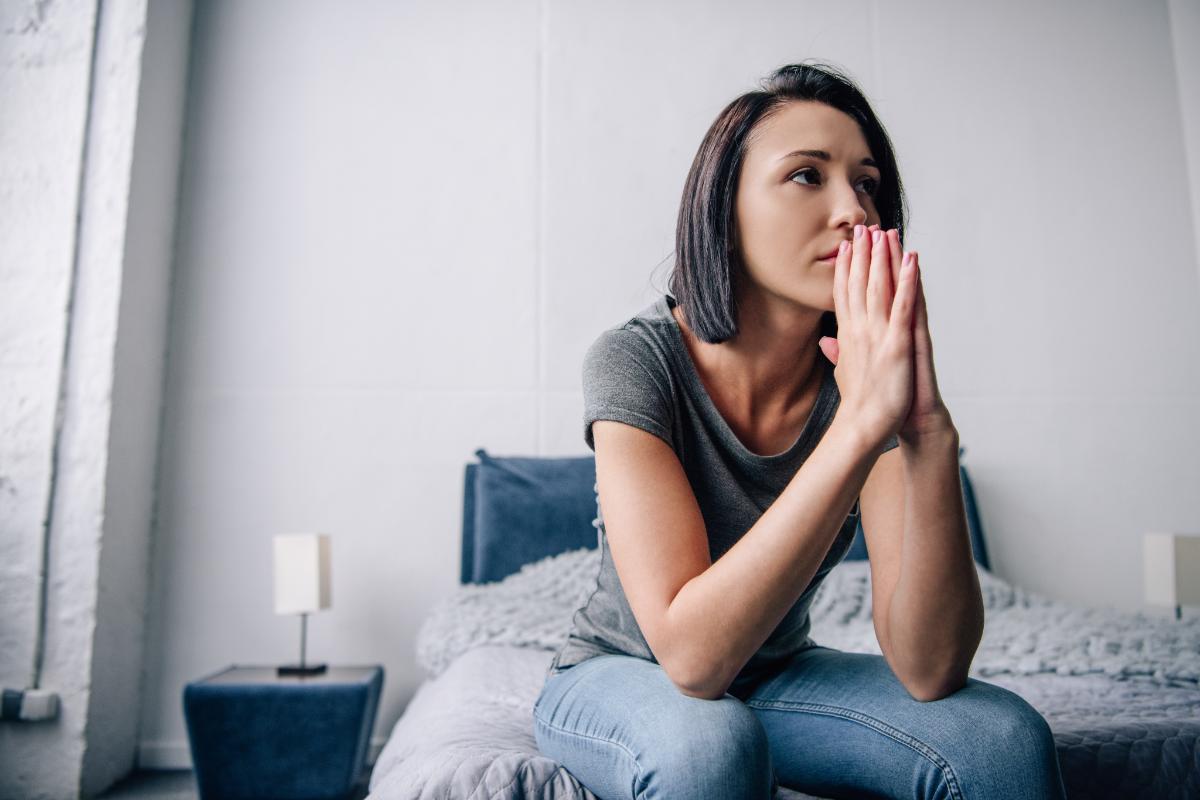At Women’s Recovery, we empower women to lead healthier lives—free of substances—in an environment designed to treat women only. An entirely female staff works closely with each client to craft a treatment plan for a substance use disorder or polysubstance use disorder. If a co-occurring mental health disorder exists, dual diagnosis treatment can also be offered. If a client has been experimenting with multiple substances, it is important to understand the dangers involved with combining multiple drugs or certain drugs and alcohol. Vicodin and alcohol are a particularly volatile combination.
For more information on women’s Vicodin (hydrocodone) addiction treatment in Colorado and the dangers of mixing Vicodin and alcohol, contact the team at Women’s Recovery.
Mixing Vicodin and Alcohol
Because alcohol and Vicodin both affect the central nervous system (CNS) in the same way, taking them together amplifies the effects and can cause severe medical conditions like kidney damage, liver failure, hypoventilation (respiratory depression), coma, brain damage, and even death. Vicodin is an opioid, and opioids and alcohol are both considered depressants. So, when used together, they can slow the CNS, hindering the brain from telling the body to do basic functions like breathing.
Noticeable physical symptoms of mixing Vicodin and alcohol include:
- Skin color – blue mouth and fingertips
- Excessive sweating
- Cool, clammy skin
- Wheezing and trouble breathing
- Sedation
Mixing substances consistently can turn into a polysubstance use disorder and make it even harder to treat the addictions together and successfully recover. Being addicted to more than one substance increases the risk of relapse during recovery.
What To Expect in Addiction Treatment
When struggling with a substance use disorder, each person’s needs will be different. As a woman, your needs are even more unique. Gender-specific treatment can be a great advantage when considering treatment options for an addiction to drugs or alcohol. A holistic treatment program involves both evidence-based therapies and holistic approaches to treat substance use disorders and any co-occurring mental health conditions. These include the following:
Cognitive-Behavioral Therapy (CBT)
CBT works to help clients recognize negative thoughts, emotions, and actions that lead to using substances. Then, the negatives are replaced with a focus on positives in one’s life and things that can lead to more productive outcomes.
Dialectical Behavior Therapy (DBT)
DBT is a form of CBT. It takes the therapeutic approach further by having women focus on what they can change for the better and letting go of things they cannot change. It’s very effective in empowering women to take ownership of their path and put practices into place to achieve their recovery goals.
Eye Movement Desensitization and Reprocessing (EMDR)
This type of therapy is especially helpful for those who have suffered a trauma and are in a dual diagnosis treatment program for both substance use and mental health disorders. A therapist works with clients by having them follow hand movements and focus on the events surrounding the trauma to better process them.
Mindfulness
Mindfulness is relevant to any treatment program. Being more present and aware of the now, rather than focusing on the past, helps reduce stress and the risk of relapse and improves general well-being.
Start on a New Path with Addiction Treatment in Colorado at Women’s Recovery
Women’s Recovery offers a variety of therapies that can make up a customized treatment plan at our campuses in the Denver area. Treatment options for women are available for many different life scenarios and may include outpatient treatment, virtual intensive outpatient program (IOP), and sober living.
Reach out to the knowledgeable team today at 833.754.0554 or contact us online and find out more about what gender-specific treatment for women battling addiction looks like.







